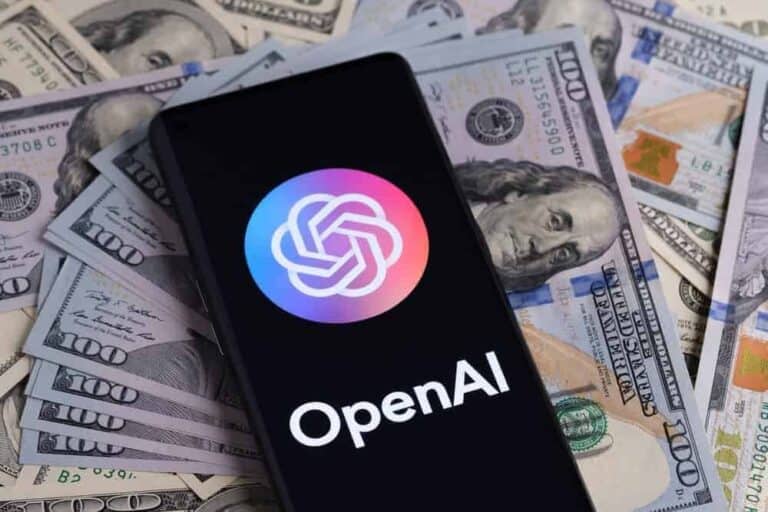OpenAI is collaborating with Luxshare, one of Apple’s regular assembly partners, on the development of its own AI consumer device.
According to insiders, it will be a pocket-sized prototype designed to function in a context-aware manner. The device will be designed to work closely with OpenAI’s language models, representing an important step in the company’s ambition to develop hardware built from the ground up around artificial intelligence.
With this deal, OpenAI gains a partner with large-scale production capacity. Luxshare assembles iPhones and AirPods, among other things, and would use that experience to support the AI developer’s plans. At the same time, other suppliers are also being considered, including China’s Goertek, which could supply components such as speaker modules.
The move marks one of the most daring attempts by an AI company to bring its own device to market. While most providers integrate artificial intelligence into existing smartphones and PCs, OpenAI has opted for a completely new product type. It is intended to focus on interaction with AI. According to sources Tom’s Hardware spoke to, this will initially involve a smart speaker without a screen. That would put the device in direct competition with Apple’s Siri devices. OpenAI is aiming for an initial product launch in late 2026 or early 2027.
Earlier this year, OpenAI underscored its hardware ambitions by acquiring io Products, the company of former Apple designer Jony Ive. The deal, worth more than $6 billion, brought the creator of iconic products such as the iPhone and MacBook Air on board. Ive is closely involved in the design of the new devices.
OpenAI recruits Apple staff
In addition, OpenAI is actively recruiting staff from Apple, especially designers and engineers with experience in audio, user interfaces, and camera technology. Tom’s Hardware reports that several prominent employees have already made the switch to OpenAI’s hardware division, which is led by former Apple manager Tang Tan.
According to initial indications, the first generation of devices is expected to launch in late 2026 or early 2027. This gives OpenAI time to further develop its prototypes and set up the right supply chain. The news had an immediate effect on Luxshare’s share price. The stock rose by about 10% on the Shenzhen Stock Exchange, bringing its gains for the whole of 2025 to around 50%.
For Luxshare, the deal not only strengthens its position as a supplier to Apple, but also provides an opportunity to make a name for itself in the growing market for AI hardware. The company is also considering a secondary listing in Hong Kong, which would further underscore its international ambitions.
